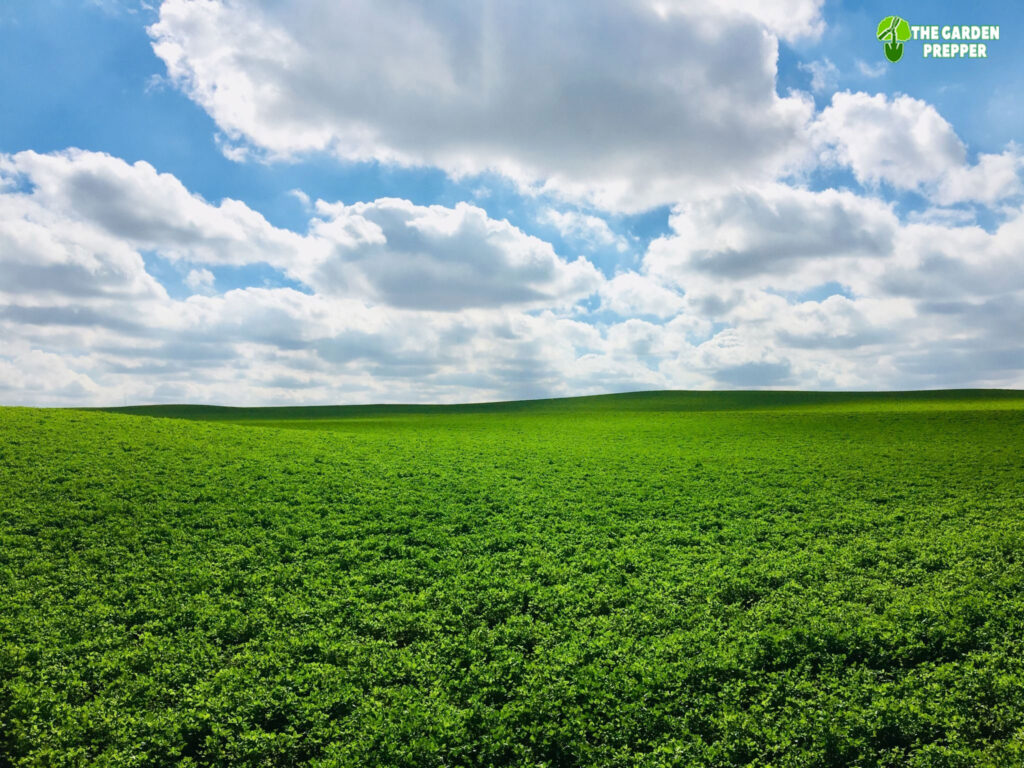If summer’s ending soon, you’re probably wondering if you can still catch up on alfalfa planting. Can you plant alfalfa in the fall anyway?
Read on to learn whether or not it’s possible!
Can You Plant Alfalfa in the Fall?
Spring is a universal planting season unless you’re growing crops made for the colder times. However, alfalfa is a bit different!
Some farmers learned that they could plant alfalfa during the fall instead of spring, which creates a significant difference in yield and plant development later on.
One great benefit to alfalfa fall planting is how it can favor root over shoot growth. During spring planting, farmers get tall and leggy plants that have less root and crown development. Come fall, when the photoperiod begins to decline, temperatures cool down, and days are shorter, there is more root and crown development. That’s crucial if you want to establish more support.
With better root and crown development, it can give higher yields during the following season. If planted during the spring season, it only yields sparse hay crops in the first year.
That’s why more and more experts recommend planting alfalfa during the late summer to early fall! Ideally, you can plant alfalfa from mid-August to late September.
However, there are a few factors to consider, such as:
- Weed Control: Your crop gets a jumpstart from weeds when planted during the early fall season. Soil temperatures are higher than spring, so alfalfa can germinate and develop quicker. Plus, there is drier soil during this year, which lessens the risk of certain diseases.
- Moisture: While moisture stress is a concern when planting alfalfa during fall, it all boils down to proper timing. That’s why we recommend planting from August to September, ideally 6-8 weeks before the expected frost date. As long as it’s planted before then, it will also prevent your plants from succumbing to killing frost.
- Seed Treatments: Today, there are newer seed treatments that are even better at setting alfalfa seeds to grow and develop. With proper treatment, your alfalfa seed can germinate and absorb soil moisture better, accelerating the emergence during fall and before frost arrives.
Now that you know more about planting alfalfa in the fall, what about the tips on how to plant the seeds and have them grow? Check out this informative video:
Wrapping It Up
It’s possible to plant alfalfa seeds during the fall season. In fact, it’s an even better choice because of the benefits it brings compared to spring planting. You can expect better growth and yield as long as you time it correctly and give it the proper nutrients it needs from the sun, water, soil quality, and temperature.
Hopefully, this article helped you learn a lot about alfalfa planting during the fall. If you’re planning to plant alfalfa soon, plan and ready the environment to have it thrive. Good luck!
